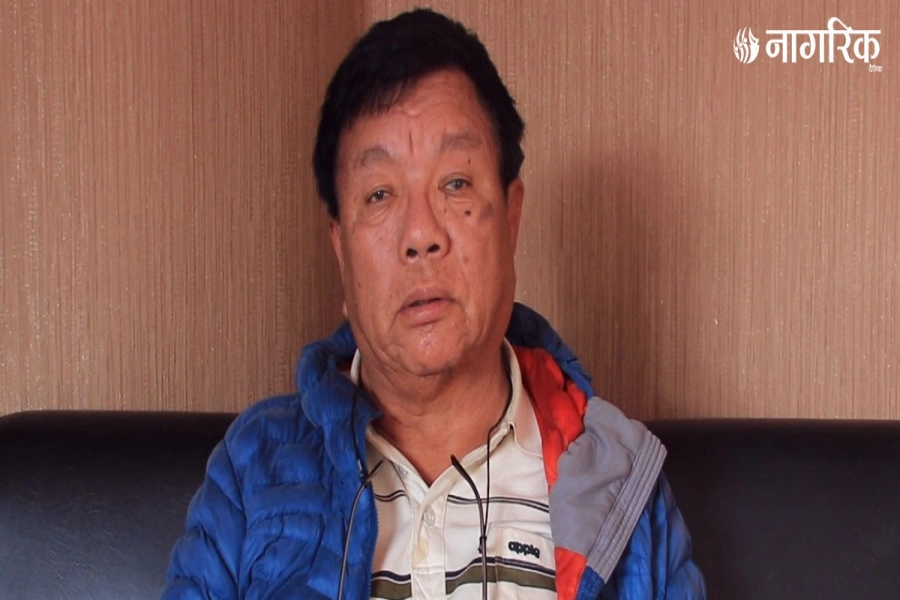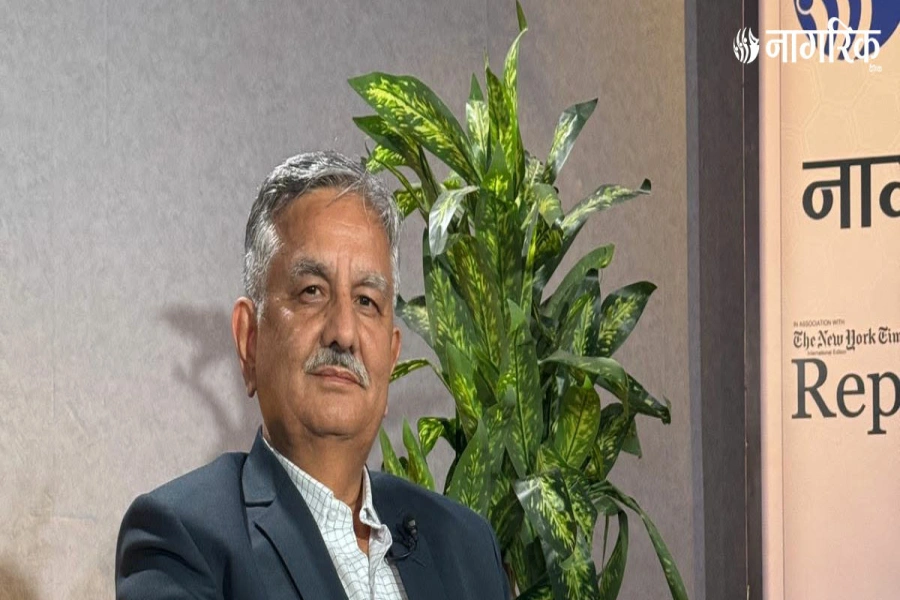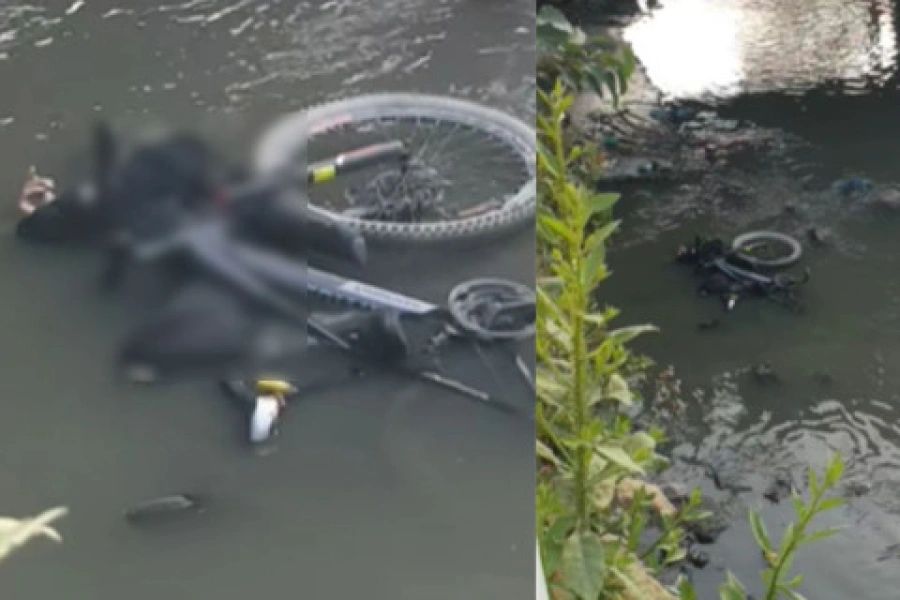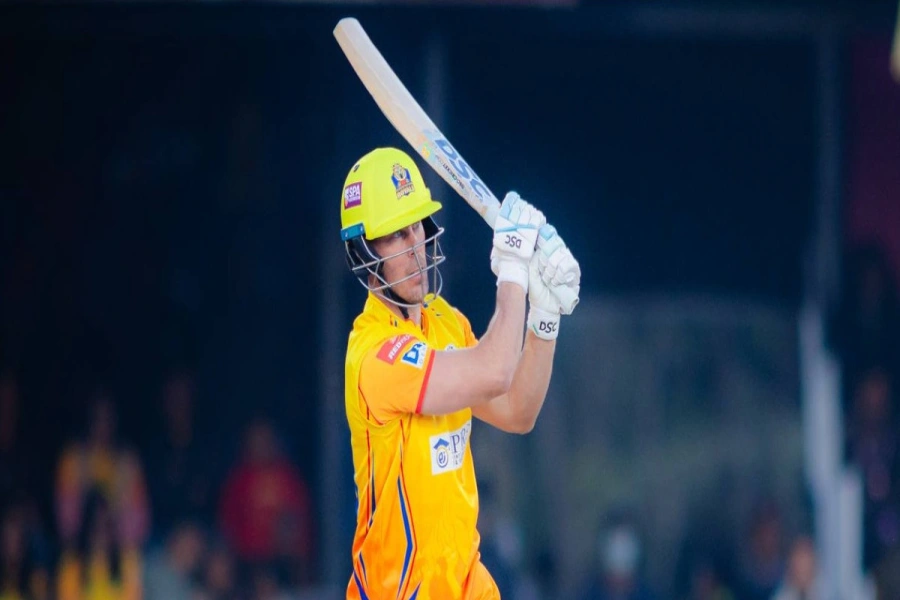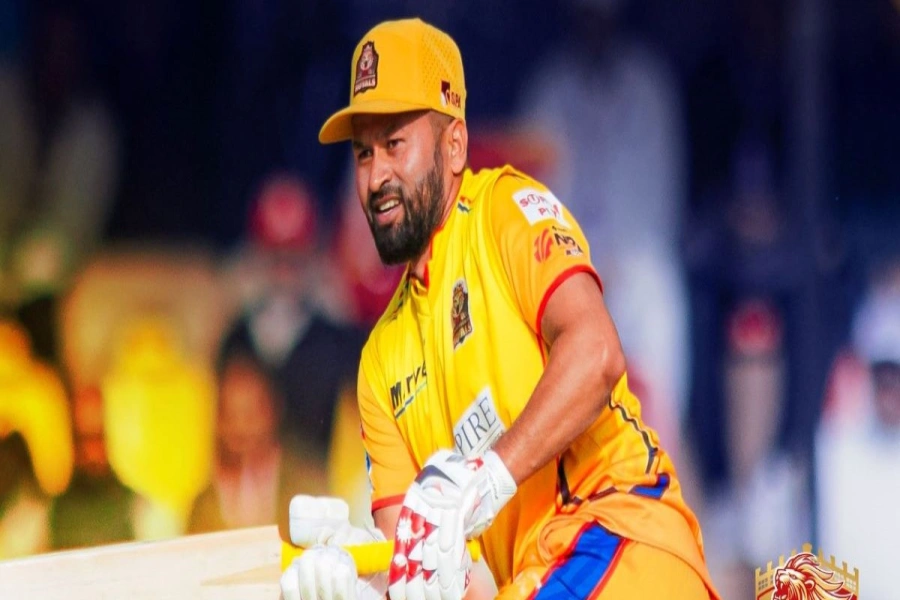KATHMANDU,
“In comparison to the laws against sexual violation globally, Nepal’s law has been considered weak,” said Subin Mulmi, an activist and advocate, in the first episode of a podcast ‘Sexploration’ which was released on May 27, 2022. The topic of episode 1 of the podcast was based on Rape, Statutory Rape, Marital Rape and Consent where Kriti Adhikari hosted the program attended by the guest Subin Mulmi, who is also a human rights lawyer and researcher. Sexploration is a podcast organized by Radio Nagarik 96.5 that aims to explore the issues of sexual and reproductive health rights.
In the past few days, the cases of rape have been increasing. Many victims are revealing their suffering of being sexually exploited in places such as their home, workplace and educational institutions after a video clip released by a girl who faced sexual assault eight years ago.
Following the released video, various protests, demonstrations and movements are being held and people have taken these issues seriously. Similarly, Nepal’s existing law related to the issue of sexual assault has been criticized.
Subin Mulmi discussed the topic related to rape and consent, stating that the name of the law against rape, its definition, and statute of limitation, and the process of collection of evidence, evaluation and judgment made by the court should be improved.
Legal definition of rape
Sub-section 1 of chapter 219 of the National Civil Code (Act) 2017 mentions that if any girl is raped without her consent and even with her consent, if anyone sexually assaults a girl below 18 years of age, the person is considered as a rapist. However, this definition is narrow, said Mulmi. He stressed an amendment to this law which only considers females to be the potential rape victim and said that this definition should be changed keeping in mind that the third gender, adult male and child could also be the victims.
Types of rape
In general, it has been elaborated that the sexual activities conducted without the individual’s consent is taken as rape. But rape has been categorized in various ways.
For instance, a sexual activity with a girl under the legal age (under 18 years of age in Nepal), gang rape, sexual intercourse between husband and wife without consent, marital rape, rape of a differently abled person or pregnant woman, rape of a serious nature, rape in a relationship and rape of a woman in prison.
Legal action against rape
#Sexploration Episode 4 Q &A with the LGBTQI community

According to the type of rape, Nepal’s law has laid out different punishments. Sub-section 3 of section 219 of chapter 18 of the National Civil Code (Act) 2017 prescribes that punishment is given to the person who commits rape according to the circumstances and age of the woman. The sentence stipulates imprisonment for 16 to 20 years for raping a girl less than 10 years of age and 14 to 16 years of imprisonment for a girl less than 10 or 14 years of age.
Similarly, if a girl is under 14 years of age or more than 14 years of age and less than 16 years of age, there will be imprisonment for 12 to 14 years, if a girl is of 16 years or more than 16 years of age and 18 years of age, then the imprisonment is 10 to 12 years. If a girl is of 18 years of age or above, the rapist is served with seven to 10 years of imprisonment.
Similarly, in sub-section 4, it has been mentioned that if a husband rapes his wife, he will be imprisoned for five years.
According to Mulmi’s understanding, male and other individuals can also become the potential victims of rape and that the bodies concerned should also focus on sexual violation against males. Nepal’s law has only addressed women and children, so instead of women and children, he has said that the word ‘individual’ should be used in the law. By doing so, all genders will be addressed.
Analyzing the history till today, there are facts about women being raped by men. But, there are also cases where males rape males and females rape females which has not been disclosed. “People of different gender identities could be the victim of sexual violation.
Should rape and legal rape be viewed from the same perspective?
Although there is no separate law on legal rape or child sex in Nepal, Article 225 of the National Civil Code provides provision for child sexual abuse. The article does not accept the consent for sexual activities taken by coercion, undue influence, fear, intimidation, deception, abduction, hostage-taking or while in the state of unconsciousness. Even if sexual activities are conducted with a child below the age of 18 by taking consent, it is legally considered rape.
Advocate Mulmi says that there is not much debate on child sexual abuse in Nepal. "Only when the word rape is used people take this issue seriously. But sexual violence against people above the age of 18 and sexual violence against children below the age of 18 should be viewed differently, different laws should be enacted and children should be made aware of this issue by including it in school curriculum”, he said.
He goes on to say, "Internationally, the age difference between children over 14 and under 18 is two years, and having consensual sex between them is not considered child sexual abuse / rape." But in Nepal, if a girl is 14 years old and a boy is 18 years old and if they have consensual sex, it is considered rape and the boy is punished. In Nepal, where rapists are not punished in a timely manner, where victims of sexual abuse have not received justice for years, there is no debate on what kind of counseling should be given to victims of sexual violence, it is not imaginable that in such country there will be amendment to the age limit for sexual activities as like in other countries.
The role of consent in sexual relations
Consent plays an important role in determining the boundaries between sexual relations and sexual violence. To 'approve' sexual intercourse is to accept it legally. In the case of an adult, sexual intercourse with the consent and mutual agreement of the victim does not establish the crime of rape, but rape is considered to be committed when the victim is a minor.
In comparison, consensual sex and coercion are based on the victim's consent and the perpetrator's activity. Mulmi says that it is necessary to explain the consent to take / give while having sex in the law of Nepal. He said that if a person has taken consent by using drugs or alcohol, fear or intimidation, if the person is head of the family or an influential person who has taken consent in an improper manner, that person should be punished accordingly.
He says that men have a greater role to play in obtaining consent during sexual intercourse. He says, "Men will only be more aware of this if the government imposes a separate law on improper consent and enacting punishment accordingly." Men themselves need to be sensitive regarding such issues.
Status of marital rape cases in Nepal
Marital rape is a serious issue. Due to ignorance of marital rape, in some cases, the victims are not able to reach the law implementing agencies, on the other hand, they are suffering a great deal of physical and mental damage.
According to advocate Mulmi, in Nepali society, if a man rapes his wife, it is not seen as rape. Also, men are not even called rapists on the basis of light expressions like 'Will it be coercion to have sexual intercourse with one’s own wife?' ‘One has the right to be involved in such activities after marriage’.
"Such incidents are on the rise in Nepal due to the ideology that men have the right to a woman's body and marriage gives continuity to that idea. Some cases of marital rape are not even registered in Nepal. Stricter laws need to be enacted to prevent such incidents, he said, “It's not just women who are victims, law should be made so that it addresses people of all genders.”
One year statute of limitation
Till 2015, rape cases had to be registered in the court within 35 days. Due to which many cases of the victims could not reach the court. Only after 2015, the statute of limitation was extended to six months by amending the National Civil Code. The term of the Criminal Code, which came into force on August 18, 2015, extended the statute of limitation to one year. Advocate Mulmi says that further improvement is needed in this regard as well.
He said that it is necessary to extend the statute of limitation so that cases of rape of minors could be registered until they become adults.
Does Nepali society try to suppress the voice of victims of sexual violence?
Mulmi thinks that it is very important to change the existing patriarchal thinking and behavior in Nepali society. If a woman makes public an incident of sexual violence only after a certain period of time, not immediately after it takes place, she faces a number of questions. Why didn't she say this immediately? Is it she who wanted that? Why did she go there? Why did she leave home? Why was she wearing short outfits? Such questions force victims to believe that it is their own fault. “As a result, their voices are suppressed and they are forced to suffer from mental and physical pain,” he says.
Victims need psychotherapy until there is a full investigation conducted into the case of rape or sexual violence. Advocate Mulmi says that this has not been practiced in Nepal till now.
Does the law against rape in Nepal only address women victims?
According to Advocate Mulmi, sexual harassment of men should also be taken into consideration and the bodies concerned should pay high attention to it. Since the law of Nepal only addresses women or girls, the word 'person' should be used instead of women or girls in those places. Doing so will address all genders. '
Till date, many women have been raped by men. However, the incidents of men raping men and women raping women are not uncommon.
“People of all genders can be subjected to sexual violence. Such incidents can be reduced only after strict laws are enacted to address all of them, “said Mulmi.
Video Link:https://www.youtube.com/watch?v=dmMv98CnXIM





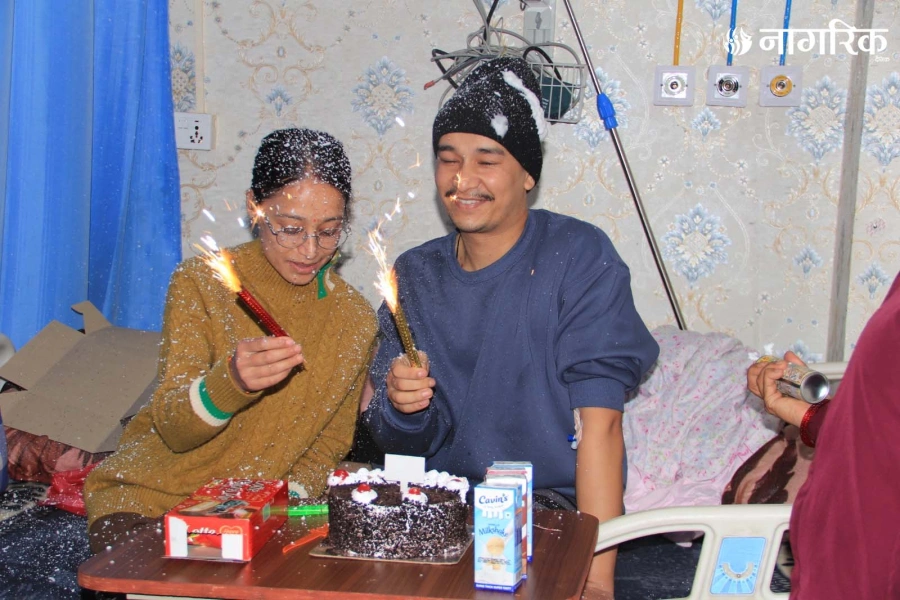












-1200x560-1764836409.webp)
